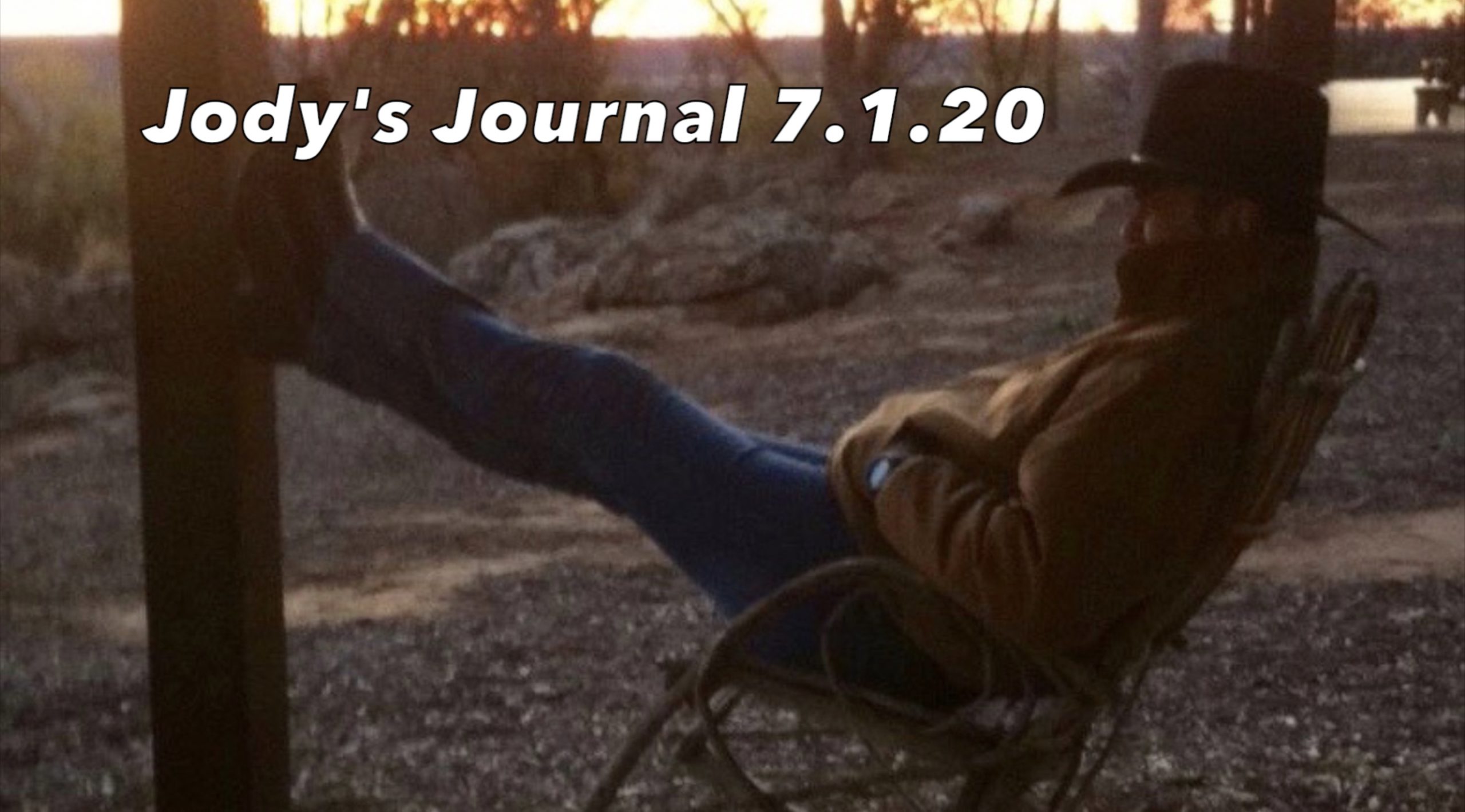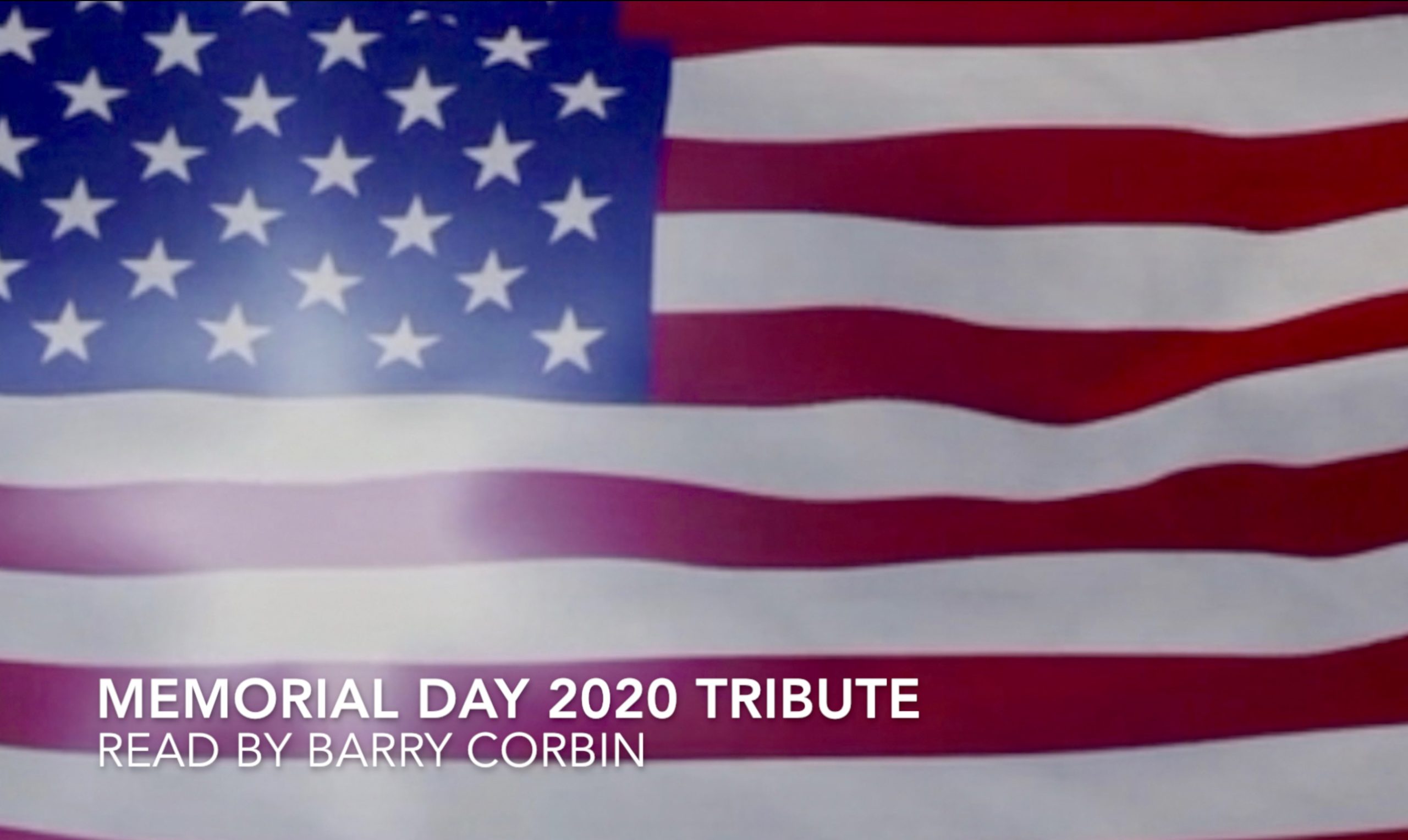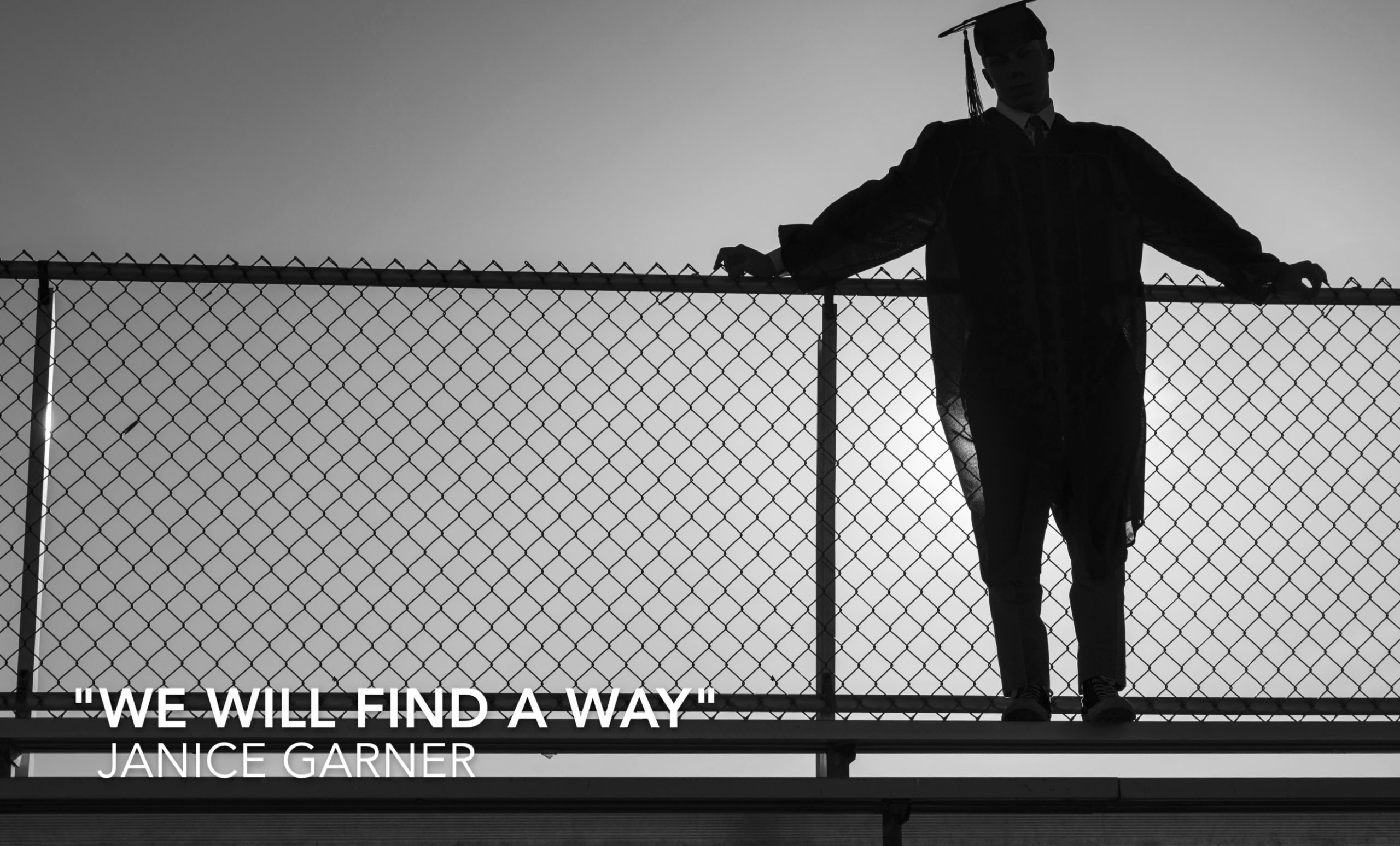February 20, 1992.
That was the night H. Ross Perot told Larry King that he would run for the office of President of the United States.
The truth is he’d actually told us days before.
It was a show called “Staff Meeting”, which aired Sunday mornings on (what was then) 103.7 KVIL. Taped the Friday before, the program consisted of the station’s on-air personalities – who would gather each week in our conference room to discuss events and headlines in the news. Usually, it was fairly light-hearted – and always informative. That week, Mister Perot had agreed to be our guest – and it was on that show that he first made his intentions known. And I was there when he did.
That was my first personal encounter with Mister Perot, but it would be far from my last.
Truthfully, running into Perot (as he liked to call himself ) was not that hard to do. For years he was familiar to the lunchtime crowd at his favorite location of Dickey’s Barbecue, and he always got his $10 haircut at the same barbershop. Some weekends, his older model Mercury Marquis could be seen alone in his company’s parking lot – a reminder that while others might take a break, Mister Perot didn’t know the meaning of the word.
If you called his office, you got through. If you called his house, he’d take the time to answer. A friend tells me of once doing so and hearing his beloved wife Margot reminding Mr. Perot not to forget his sack lunch. Yes, a man once worth nearly $6-billion dollars brown-bagged it. As he liked to say, brown-bagging it was why he had any money in the first place.
His closest colleagues referred to him simply as Senior. Unknown to me until I tracked down my birth-family later in life, my step-father was his personal helicopter pilot – and actually helped train Ross Perot Jr. for his history-making around-the-world helicopter flight in 1982. So reputable was the Perot name that when the Spirit of Texas made its first refueling stop, both Ross Junior and co-pilot Jay Coburn had forgotten their credit cards – and the tiny airport where they landed accepted a hand-written IOU on a brown paper sack as payment instead.
His success in business was exceeded only by his public service, although most of it was never made public. He insisted that it be so. How does one even begin to describe the mountain of his private philanthropy? A single veteran in need who came to his attention received exactly the same intensity of purpose as a charity serving millions. More than once I called his office with such stories. Not once was meaningful, lasting help refused. Without Mister Perot, there would have been no research at all into Gulf War Syndrome – which afflicted nearly 250,000 veterans. Up until then, Gulf War Syndrome was considered a mental health issue. It Mister Perot’s personal challenge to researchers and millions in funding that resulted in the discovery that chronic nerve damage was the cause, possibly from exposure to chemical weapons. Without Mister Perot’s relentless determination, Gulf War Syndrome might never have been taken seriously – and research might never had led to actual treatments for America’s service men and women.
Many times I asked Mister Perot to talk about the immeasurable good he did behind the scenes, but he refused. Unlike many in this present age, he was a leader who claimed no credit – but those who benefitted from his sense of moral responsibility were more than happy to share their experiences. Once when researching a project on the anniversary of the Normandy Invasion, I found myself on the phone with the director of an obscure museum in Missouri. Noticing a story on Mister Perot on my office monitor, I asked the gentleman to pause for a moment – then returned to the conversation once the news segment had ended. I told the man that I’d been distracted by a story on Ross Perot, he replied “Oh, he paid for our flagpole.” The old one had been destroyed in a storm. How Mister Perot knew a tiny war museum in the middle of nowhere needed a new flagpole, I’ll never know – but what are the odds that I would find myself on the phone with someone in Lost Overshoe, MO who had directly benefitted from Mister Perot’s kindness? Great, as it developed – because tens of thousands could tell nearly the same story.
While Mister Perot took his work seriously, the same was not true when it came to himself. He knew how to laugh, and how to laugh at himself. One year during a radio fundraiser for a piece of specialized equipment needed by the Denton State School, our station was asked to raise more than $300,000 in ten days. My first call was to Mister Perot, but within a week our listeners had already raised the funds. I called him back. “Mister Perot”, I began. “I’m going to say something no one has ever said to you before. We don’t need your money.” I’ll never forget that familiar, unrestrained high-pitched cackle on the other end of the line. He thought it was the greatest thing he’d ever heard.
Whether you were a fellow CEO or a hotel doorman, Mister Perot gave you exactly the same treatment. He looked you in the eye and expected you to look him in his. There was no escaping those eyes, either. He engaged. He saw. He measured. It could be un-nerving. Once while speaking to a Sunday school class at his church, I looked up to see Mister Perot and his wife taking their seats on the front row. I ran outside to call my mother before the class began. “You will not believe who is in there”, I managed. “Then you’d better do well”, she answered. I don’t remember a thing I said that morning, but will never forget thinking Mister Perot was going to quiz me afterward. But he didn’t. Instead, he came up and shook my hand. “Well done”, he said. I nearly floated across the room.
Over the years we would see each other at various functions, many of which he helped fund outright. Always making time, Mister Perot was unfailingly gracious – and humble. He was loathe to talk about himself, but heaped praise on those whom he felt had given much more toward a better life for others. And now, he is gone.
Sequoias are not supposed to fall. Mountains aren’t meant to tumble. The North Star is always meant to guide. Those landmarks in our lives, the compass points by which we reckon, are supposed to be there – and their sudden absence leaves us adrift. They are the things by which we reckon. The Mister Perot was one of those. Though his countless works will survive him, the world is a smaller place today without Mister Perot in it – and that is why it is essential that people such as he should be honored and remembered. Not merely with words, but with actual action – which Mister Perot himself was fearless in taking.
More than even the example he personally set, Mister Perot’s life itself is a call to duty upon each of us – and that is why I call him Mister.
And as so many can say today, he was my friend. I will miss him.
We all will.
JD
7.9.19
—
(***A correction: James Banskton, who knows about these things and many more, reminds me that Mister Perot drove a Mercury Grand Marquis, not a Buick. It was, as I recall, burgundy in color.)





